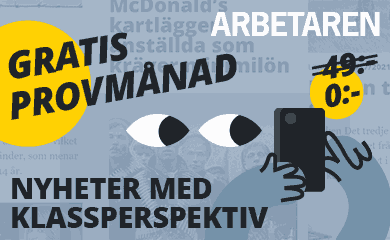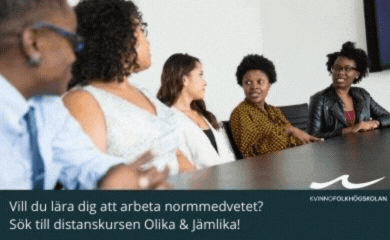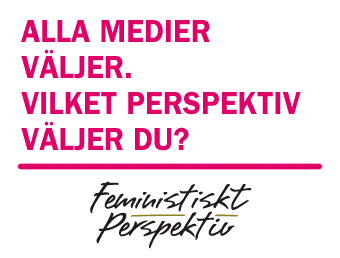Lory Dance: "I See (Socially) Dead People”
Lory Dance: "I See (Socially) Dead People”: Our Sixth Sense that Haunts “Black” Urban Teens in Sweden and the U.S.
Barn- och ungdomspedagogiska kollegiet vid Göteborgs universitet bjuder till :
Seminarium med Lory Dance , gästprofessor vid Lunds universitet.
"I See (Socially) Dead People”: Our Sixth Sense that Haunts “Black” Urban Teens in Sweden and the U.S.
Detta seminarium vänder sig till forskare, studenter, lärare och de som är intresserade av frågor som berör barn och ungdomar i marginalen. Lory Dance är gästprofessor vid Centrum för mellanösternstudier, vid Lunds universitet och associate Professor i Sociology and Ethnic Studies vid University of Nebraska-Lincoln. Hon har bland annat forskat om ungdomars livsvillkor i marginaliserade urbana områden, samt mediala representationer av marginaliserad ungdom i Sverige och USA.
Torsdagen den 28.e maj klockan 13:00-15:00 i sal AK2 135 pedagogen
Abstract
In the movie, The Sixth Sense (M. Night Shyamalan 1999), 9-year-old Cole Sear tells Dr. Malcolm Crowe, a child psychologist, that he (Cole) can see dead people. Early in the movie, Cole explains to Dr. Crowe: ”I see dead people…walking around like regular people. ...They talk to me; they tell me things.” Over the past two decades of doing research with teenagers in the Sweden and the U.S., like Cole, I have frequently felt that I am describing something that others cannot see. I have often joked to gain people’s attention: “I see teenagers …walking around as complex human beings. They talk to me; they tell me things!” In other words, I "see" that these living people have been classified as socially dead. In this presentation I ground scholarly discourses about Social Death in interviews with marginalized teens from Sweden and the U.S. as well as in Swedish and American newspaper (mis)representations of these teens as dangerous. Framing youth as "thugs" or "gangs" or "dangerous" can diminish support for potential reforms by deflecting responsibility from school systems to the youth. This can perpetuate a cycle of "dead ends" wherein the ascription of the teens as hopeless confirms their status as "dead" through structural regimes of self-fulfilling prophecies. An alternative approach —one that sees them as alive and fully human— could tap into the potential that is inherent in all youth if we dare to see it.
När: 28 maj 2015 11:00 - 28 maj 2015 13:00
Var: sal AK2 135 Göteborgs Universitet Pedagogen / Göteborg
Arrangör: Göteborgs Universitet Pedagogen






















MEST KOMMENTERAT
SENASTE KOMMENTARERNA
Om Var Grupp 8 en feministisk organisation?
Om #bildskolan 21: Att äta Den Andre
Om #bildskolan 21: Att äta Den Andre
Om Porr handlar om betalda övergrepp
Om Nobels fredspris till kampanj för att avskaffa kärnvapen
Om Feministiskt perspektiv öppnar arkivet och startar på nytt!
Om Rödgrönt ointresse för fred och nedrustning borde oroa många
Om Var inte målet att vi skulle jobba mindre?
Om Feministiskt perspektiv öppnar arkivet och startar på nytt!
Om Feministiskt perspektiv öppnar arkivet och startar på nytt!
MEST LÄST